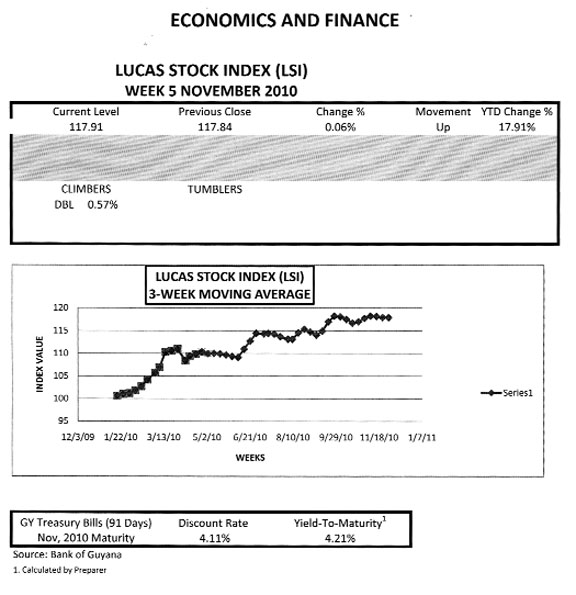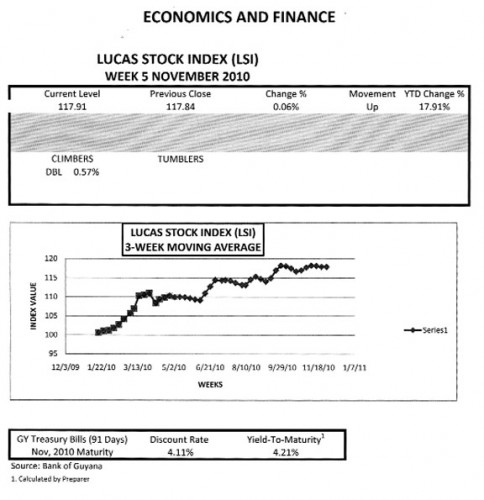Experience
As a country with a strong agricultural focus and capacity, Guyana should be making every effort to develop its agro-processing industry. The country already has experience with producing a wide variety of products that bring together local technology and locally produced vegetables, fruits, grain, and animals. While the product range is not as wide as in more advanced countries, it is broad enough to capture the interests of a large number of farmers and entrepreneurs. As examples, Guyanese have been producing pepper sauce, cassava starch, guava cheese, and guava jam ingredients for black cake for many years. The country produced ham, bacon, rice flour, rice-based cereals and confectionaries. The agro-processing industry has always been seen as the basis on which Guyana could become the breadbasket of the Caribbean and help itself and the region to achieve food security.
Relevance
This position existed several decades ago when the national policy of “Feeding, Clothing and Housing” the nation was in place under the PNC government. The relevance of this position was acknowledged recently by the administration in a revelation reported in the Business Section of the Stabroek News of Friday November 19, 2010. The rationale for doing nothing should make Guyanese wonder if the progress of the nation is being constrained by the mindset of the administration.
LUCAS STOCK INDEX
In week five of November 2010, the Lucas Stock Index (LSI) moved up slightly by 0.07 percent from the previous week. The index ended the period at 117.91 after moving down to 117.84. Trading this week involved the stocks of Banks DIH, Demerara Bank and Republic Bank with DBL alone recording positive movement in its stock price. The upward movement of the LSI leaves it above four times that of the risk-free Treasuries with maturity in November 2010.
Sufficiently Important
It is good for the nation that the current administration understands how important developing the agro-processing sector is to the development of Guyana and the benefits that it offers the people of Guyana. It is hardly likely that the administration came to this conclusion about the value of the agro-processing industry to Guyana a few weeks ago.
Proof of its longer memory of the critical nature of the industry exists in various budget presentations and in various amendments to the Income Tax Act which provide special tax relief to anyone investing in the non-traditional agro-processing industry. If it considered the issue sufficiently important to provide special tax incentives, the question then is why did the administration fail to tackle the other problems that were preventing this sector of the economy from taking off?
Invalid
The insufficiency of energy, while a true state of affairs, is an invalid excuse for inaction. The consequences of not trying to correct the many remedies to the industry are far-reaching and should have been an integral part of the development actions of the administration. For one reason, there is a strong linkage between the agricultural sector and the manufacturing sector and the failure to address this problem effectively rendered two invaluable sectors of the economy impotent. The agricultural sector was denied a larger share of the domestic market and the manufacturing sector was denied access to much needed raw materials. It is not surprising to see that several agricultural products that are important to the agro-processing industry decline through the years. Tomatoes, hot pepper, pineapples and cassava are examples of products that featured in agro-processing and have declined in output. The domestic demand for the products is just not there. A special effort could have been made to work in alternative energy sources like solar since the administration knew that there was a strong nexus between the energy sector and the successful development of the agro industry. Does it mean that the agro industry in Guyana has to wait another 10 years or however long for hydroelectricity before it can think about developing it? The answer should be a resounding no.
Defensive Posture
Juxtapose this unwillingness to find alternative ways to get an industry going with the low-carbon development strategy and the disclosure becomes even more troubling. The low-carbon strategy involves protecting the land that Guyanese would need to rely on to make the agro-processing industry strong and vibrant. This concept is good and should be embraced as far as practicable and works to the advantage of Guyanese producers and consumers. However, by using this approach to climate conservation, it asks Guyanese to take a defensive posture towards their development that might erode any competitive advantage their natural resources give them. Despite this knowledge, the administration has not sensitized the vast majority of the Guyanese as to what the low-carbon strategy means for them, and in this instance, the agro-processing sector.
Dismissive Attitude
What is equally troubling about the revelation is the impact the lethargic action of the administration to solve problems afflicting the agro-processing industry has had on employment and income and the welfare of Guyanese as a whole. The income gap has widened between the wealthy and the not-so-well off. Another troubling aspect of this disclosure is the dismissive attitude towards the small-scale food processor. The administration is fully aware that 50 percent of the Guyana economy depends on small businesses. Instead of developing policies and programmes to support, and where possible or necessary aggregate, the activities of the small processor into viability, it sat on its hands and did nothing. It pushed the nation to expand production for exports, a proposition that is always risky, and has not paid dividends of equal or greater value to agro-processing.
Tax incentives for the small operator are lumped in with those for larger corporations and big operators. Many small operators do not even know what benefits might be there for them. In addition, to become competitive, the food-processing industry needs qualified food technologists to ensure processed products have reasonable shelf-lives. There is no indication that the administration has developing those human resource needs on its mind.
Difficult
The lack of vision in this area of great importance to the country reflects an impoverished vision of leadership and unwillingness to do the heavy lifting that is needed to take the agro-industry to the next level. This revelation is the kind of thing that makes it difficult to find reasons to support the efforts of this administration.










